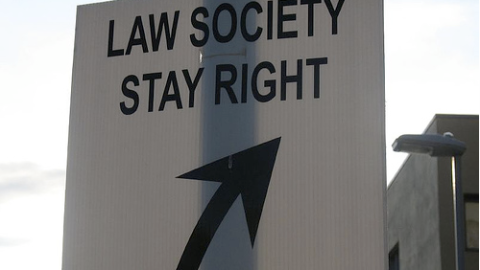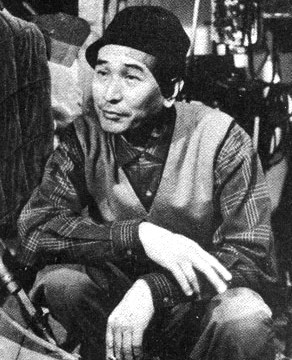How the Law Misunderstands Humans

That the legal system is broken and rife within justice is a well-worn fact, familiar to anybody who watches prime-time TV. But, what if the problem with the law isn’t merely the manner in which it is executed, but the model of human thought and action upon which it has been built? Is it possible that the law presumes too much rationality, too rigid and cognizant of a conceptual framework, out of those whom if governs? Jon Hanson, a professor at Harvard Law School and the Director of the innovative, Project on Law and Mind Sciences, thinks that they might, and in his Big Think interview today he provides some compelling reasons for why we, unpredictable and context-driven beings, may need to rethink our entire approach to enforcing order.
The law is built upon an individualistic model of human reasoning, wherein we act upon a stable, self-reflective set of preferences and principles (Hanson refers to this as the Dispositionist Actor Model). Yet, for years, the cognitive sciences have been disproving this paradigm, showing instead that humans act in erratic ways, determined more by a given situation—unconscious and non-salient forces in our immediate environment—than any firm set of explicit guiding beliefs (hence the name of a project that Hanson helped to found, situationalism.)
By remaining blind to the science of human behavior, our current legal system is perpetuating injustice, imposing a faulty sense of blame upon infractions where no motive—in the classical sense—can actually exist.
Hanson also provides a fascinating discussion of ideology, explaining why one’s relation to a set of binaries—chaos vs. order, equality vs. inequality—and the degree to which one craves closure in life, provide a nucleus for the framework from which ideological stances are made.





